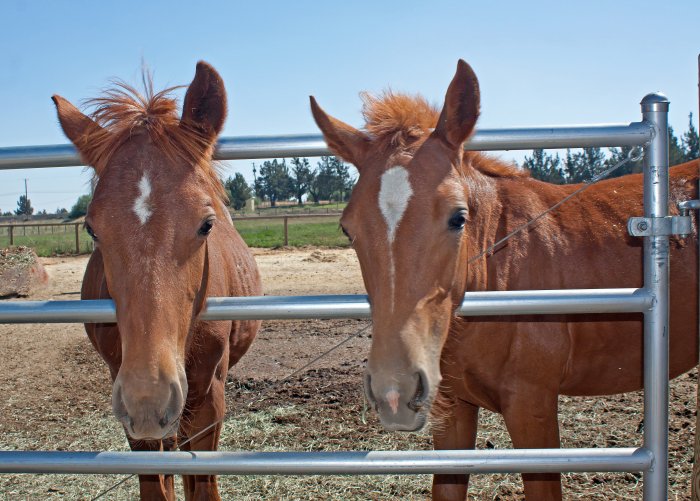MONTGOMERY, AL– Agriculture & Industries Commissioner John McMillan announces that the first positive case of Eastern Equine Encephalitis (EEE) has been detected in Alabama.
“This is the time of year that we are extremely vulnerable to the spread of mosquito-borne viruses and we need to protect our livestock and ourselves” stated McMillan. “I want to encourage horse owners to vaccinate their horses for both EEE and West Nile Virus as soon as possible.”
EEE is a mosquito-transmitted disease that is much more severe than West Nile Virus (WNV). The mortality rate in horses from WNV is reported at around 30%, while the rate for EEE is almost 90%. Infected mosquitoes are the primary source for EEE. The virus causes inflammation or swelling of the brain and spinal cord. General symptoms include central nervous system signs such as: head pressing, convulsions, lack of response to facial stimulation, fever above 103 degrees, ataxia, paralysis, anorexia, depression and stupor. Other symptoms may include irregular gait, teeth grinding, in-coordination, circling, and staggering. All symptoms may not be exhibited by an infected horse.
Commissioner McMillan and State Veterinarian Dr. Tony Frazier recommend vaccinating your horses every six months against both EEE and WNV. Horse owners are encouraged to contact their local veterinarian to schedule a vaccination for their horses. The public is also advised to make every effort to reduce human exposure to mosquitoes during this time of year.
The horse positive for EEE in Alabama was from Escambia County.
For more information about EEE or WNV, please contact Dr. Tony Frazier at 334-240-7253. For more information on public health mosquito
surveillance and control programs, contact the Alabama Department of Public Health, Division of Epidemiology at 800-677-0939.




















